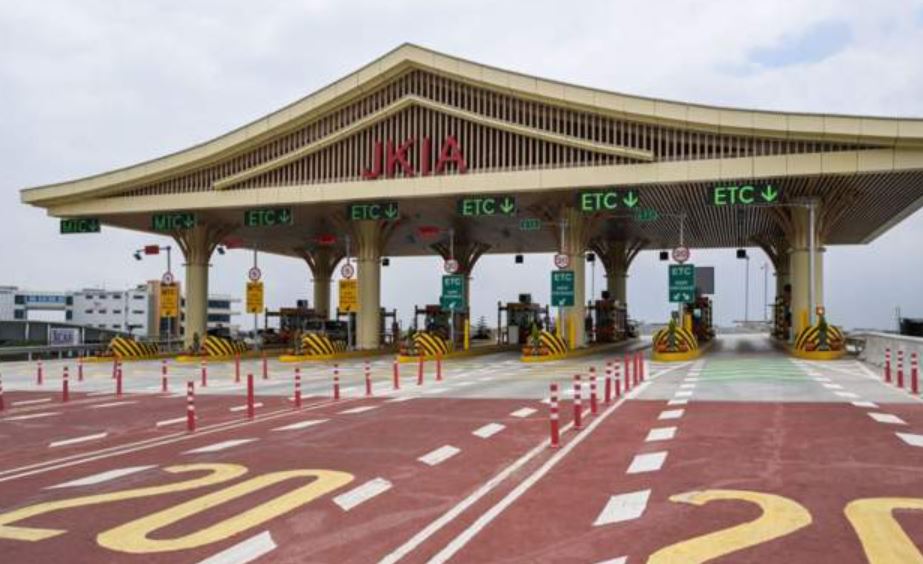 The Kenyan government has revived its plan to introduce tolling on major roads to generate additional revenue for road maintenance. This initiative, outlined in the draft Roads Tolling Policy, aims to ensure the sustainability of the country’s transport infrastructure.
The Kenyan government has revived its plan to introduce tolling on major roads to generate additional revenue for road maintenance. This initiative, outlined in the draft Roads Tolling Policy, aims to ensure the sustainability of the country’s transport infrastructure.
Under the proposed policy, tolls will apply to four types of roads: newly constructed roads, upgraded roads, high-quality roads compared to untolled ones, and any roads the government designates under the law. The government will bridge the gap using taxes and loans if a toll road project lacks sufficient funds.
Unlike previous tolling proposals, this policy does not require toll roads to have a dedicated toll-free alternative. To implement the plan, the government will develop an advanced vehicle identification and registration system, integrated with an automatic number plate recognition system for seamless toll collection. Until a fully automated system is in place, authorities will continue using conventional Toll Charging Points and a prepaid payment system.
Toll charges will depend on several factors, including road development and maintenance costs, the availability of alternative routes, government policy objectives, and the impact of different vehicle types on road conditions.
The Transport Cabinet Secretary and the Treasury counterpart will determine the initial toll rates, which will then be reviewed quarterly to account for inflation, exchange rate fluctuations, tax changes, and economic growth.
Failure to pay toll fees will attract severe penalties. Motorists who evade toll payments risk a Ksh.50,000 fine, a six-month jail term, or both.
The policy also introduces discounts and incentives. Vehicles covering short distances and passing through toll points frequently may qualify for reduced rates. However, discounts will not apply in areas where an alternative route exists. Electric vehicles and high-occupancy private vehicles will also benefit from incentives aimed at promoting sustainable transport.
Urban roads with high traffic volumes will use advanced tolling methods to ease congestion. The Electronic Toll Collection system will enable automatic fee deductions, while some roads may require Access Permits, granting special passes to authorized vehicles.
The government is encouraging public participation in shaping the tolling policy. Kenyans can submit their feedback between February 24 and March 13, 2025, before the final policy is enacted.










